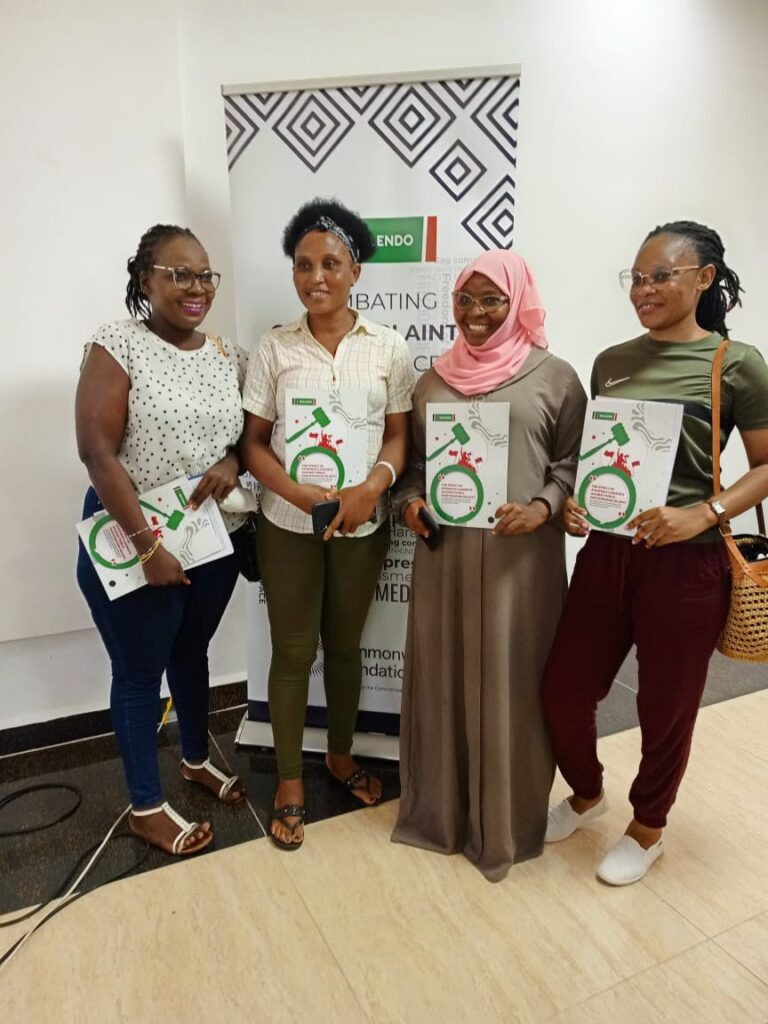By Caroline Katana
Without the work of independent journalists providing audiences with reliable information, who would report on issues of public interest, denounce wrongdoings, social inequalities, and unpunished crimes?
Protecting journalists and independent journalism is not only a concern for journalists but a concern for all.
Journalism makes an impact on people’s lives, It is key in advancing human rights and has a basic function to hold the powerful accountable.
The information that journalists provide is a public good that needs public support.
Every year universities and colleges enroll thousands of students studying mass communication but do they know exactly what is ahead of them, dodging bullets, stones, machetes, and violations just to bring out public interest issues, especially for wrongdoers in society and the government?
Journalism is a good profession but 90 percent of journalists in Kenya suffer in silence following poor management in their organizations, safety and security are not guaranteed.
Journalists are targeted for many reasons and by many people, journalists and media personnel have been increasingly exposed to violence, with the number of women journalists killed globally, rising steadily since 2010.
The threat to journalists is real, especially reporters who cover investigative pieces, terrorism, sensitive court proceedings, crime, and politics.
Article 33, 34 and 35 of the Kenyan constitution talk about freedom of expression and access to information, but who cares about it?
A parliamentary Monitoring Organization, Mzalendo Trust has initiated a program of sensitizing human rights defenders and media professionals in the coastal region about cases filed in court by tycoons and government officials to silence their voices.
Speaking to journalists after launching a report on freedom of expression and citizen participation in public dialogues in Kenya at Pride Inn Flamingo in Mombasa county, Mzalendo Trust program officer Mwamburi Benjamin said journalists and human rights defenders have been targeted by many especially when they bring out to public corruption issues in governments offices and organizations that violates human rights.
“We want to ensure that journalists, human rights defenders, and communities understand their rights and the laws that protect them when they are arraigned in courts, the Code of Ethics for the practice of journalism will enable them to avoid defamatory content and also ensure they have evidence for defense when sued,” said Mwamburi.
Mwamburi said the organization launched the report last year in Nairobi and now they are delivering the information to the targeted people.
“We are now in the process of sensitizing journalists, also partnering with different stakeholders in various sectors to ensure they understand their rights and how they can tackle the challenges facing them and how they can engage organizations like the Media Council of Kenya (MCK, editors guild to ensure they perform their duties without fear,” added Mwamburi.
He called upon different stakeholders in national and county government to support and create a good working environment for journalists.
“ The trend of journalists threatened, intimidated, killed, and even taken to courts once they report on corruption and violations issues growing fast in county governments unlike before when these cases were recorded in national governments, so we are urging every citizen to protect the rights of journalists to perform their duties well,” said Mwamburi.
At the same time, he said there is a need for sensitizing the judiciary officers and access to justice stakeholders on defamation laws to enable them to deal more effectively with cases brought against media professionals and human rights defenders.
Muslim for Human Rights (MUHURI) rapid response officer Francis Auma confirmed human rights defenders and journalists suffer due to poor policies governing freedom of expression in Kenya.
“There is a need to review and remove laws that defy the rights of human rights defenders and journalists, we need safe space in our work, all laws relating to freedom of expression and media should align with the constitution,” said Auma.
Auma was confirmed to have approximately eight cases, making him live in fear of being arrested.
“Activists go through a lot of challenges, I have been jailed because of fighting for citizen rights, I am a big victim, currently I have 8 cases ongoing, was released with Section 87A, which means I can be arrested any time, I know criminal cases have no time limit, I am leaving in fear, the environment is not safe, so there is need to review laws to make our work easier,” added Auma.
He applauded Mzalendo Trust for coming up with a report that aims to create a conducive working environment for media practitioners and activists in Kenya.
Promoting the safety of journalists and combating impunity for those who attack them are central elements within Mzalendo Trust’s support for freedom on all media platforms. The question will also remain, are African governments ready to embrace the efforts to promote safety and security for journalists? When will journalists in Africa have a safe space for their duties?


